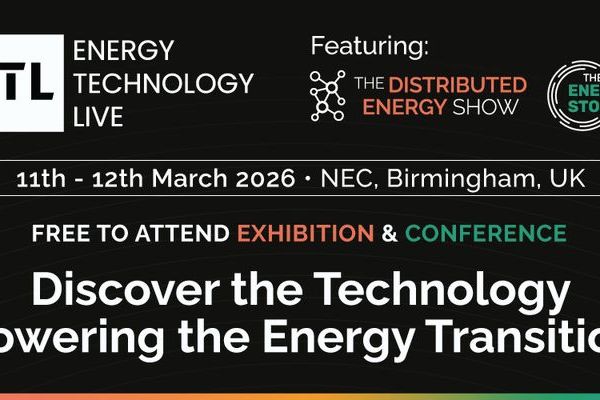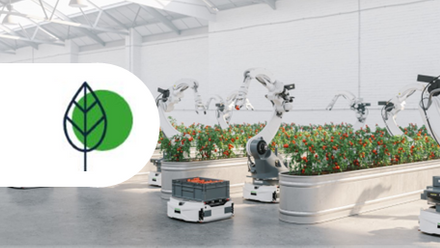Regional perspectives on local net zero – unlocking the power of place through digital solutions and innovation
In October techUK brought together public sector leaders, technology providers and regional stakeholders from across the West Midlands to explore how digital technologies can accelerate local net zero delivery.
The roundtable, part of techUK’s ongoing work to support smarter, data-driven approaches to decarbonisation, examined the opportunities and barriers facing public sector leaders and their partners as they plan and deliver local infrastructure.
Local authorities under pressure to deliver with limited capacity
Participants recognised that local and regional authorities are at the heart of the UK’s net zero transition — but that many are struggling with the scale and pace of delivery. While powers are increasingly devolved, resources and capacity have not always followed.
The West Midlands Combined Authority’s (WMCA) current strategy includes ambitious 2030 and 2050 targets, but delivery is constrained by legacy systems, competing priorities, and limited expertise. Councils also face challenges from fragmented data, evolving technologies and complex procurement rules. Attendees agreed that devolution of powers must be matched by the right digital, financial and human resources to ensure progress can be sustained across regions.
Digital tools driving smarter regional planning
A key theme throughout the discussion was the importance of data and digital tools in shaping effective, place-based approaches.
The group explored such projects as PRIDE (Planning Regional Infrastructure in a Digital Environment) — a collaborative initiative led by National Grid with WMCA, NESO and others which uses integrated data to enhance forecasting and optimise network investment.
Also discussed were Ofgem’s new Regional Energy Strategic Plans (RESPs), which aim to align electricity, gas and hydrogen networks into single, joined-up regional plans. Together, these initiatives demonstrate how digitalisation can help decision-makers balance energy supply and demand, improve resilience and target investment where it’s needed most.
It was agreed that better (quality not just quantity) data leads to better decision making, but that such insights must flow across departments and different groups of stakeholders, rather than in silos.
Place-based solutions and investment innovation
The discussion reinforced the need for place-based approaches to decarbonisation. Regions such as the West Midlands, a net importer of energy with smaller, distributed assets, require tailored solutions. AI, data sharing and digital mapping can help optimise regional infrastructure and investment.
Whilst programmes are being instituted in the West Midlands and other regions to make them more attractive to investors in net zero, the funding gap remains a critical challenge. Local authorities need more development finance to bring forward projects that deliver long-term public benefit. Participants also called for innovative regional funds and blended finance models to unlock private investment in net zero infrastructure.
Collaboration, design thinking and procurement reform
There was strong consensus that collaboration and design thinking must be embedded early in project planning. Involving stakeholders including suppliers and communities from the outset ensures solutions are practical, inclusive and build public trust.
Procurement was identified as a major barrier, with complex systems often excluding innovative suppliers. Attendees urged a more agile approach to enable earlier engagement with technology providers and encourage digital solutions that deliver real value.
Communicating the wider benefits of net zero
Participants stressed the need to communicate the broader benefits of net zero — from job creation and skills to health, resilience and energy security. Stronger messaging can build public and political support, particularly at the local level.
The roundtable concluded that regional innovation, digital tools and joined-up planning are central to unlocking local net zero delivery. Success will depend on sustained investment, better data sharing and enabling local authorities to deliver at pace.
techUK - Committed to Climate Action
Visit our Climate Action Hub to learn more or to register for regular updates.
By 2030, digital technology can cut global emissions by 15%. Cloud computing, 5G, AI and IoT have the potential to support dramatic reductions in carbon emissions in sectors such as transport, agriculture, and manufacturing. techUK is working to foster the right policy framework and leadership so we can all play our part. For more information on how techUK can support you, please visit our Climate Action Hub and click ‘contact us’.
Latest Report
Upcoming climate events
Latest news and insights
Get our climate insights straight to your inbox
Climate, Environment and Sustainability updates
Sign-up to get the latest updates and opportunities from our Climate, Environment and Sustainability programme.
Learn more about our Climate campaign

Become a member








